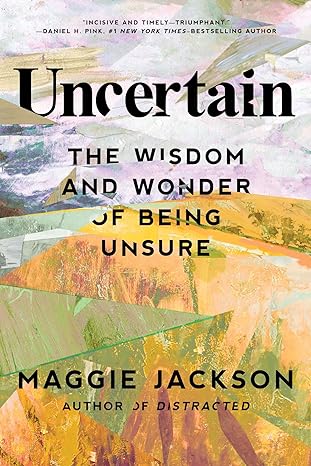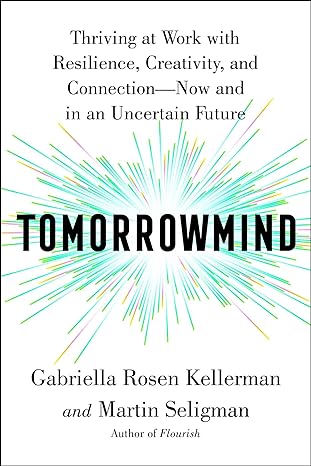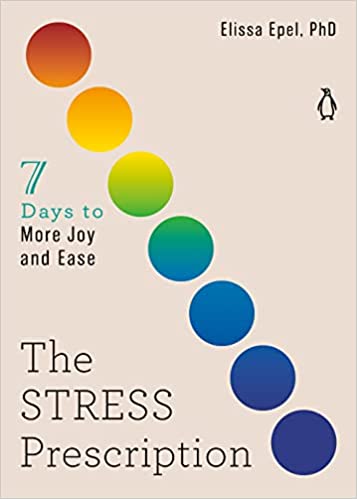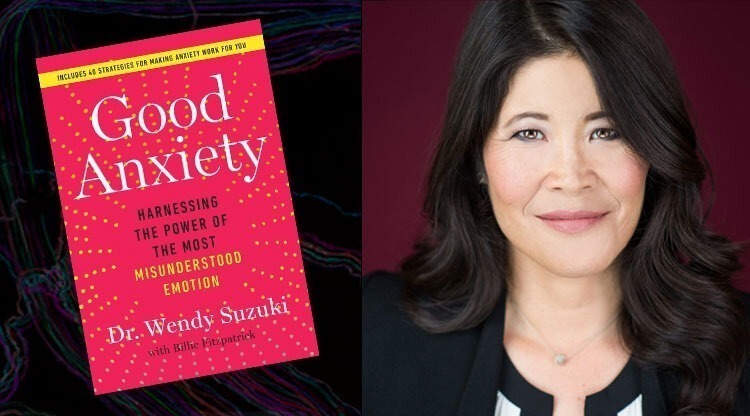Posts Tagged ‘Stress Response’
New book encourages readers to embrace uncertainty in order to improve decision-making, mental health, and more
Life is uncertain. We never know what will happen, and many things are unknowable. This can make us feel stressed or worried, since the unknown is associated with danger. But as journalist Maggie Jackson argues in her new book, Uncertain: The Wisdom and Wonder of Being Unsure, there are many benefits to allowing ourselves to…
Read MoreSix favorite books of 2023 to help harness the stress response and boost curiosity, wonder, and brain health at work,
It’s hard to address important issues in our lives or in society if we are stressed, depleted, and isolated. Perhaps that’s why many of 2023’s favorite books offer approaches for real self-care. They focus on how to manage stress, find more happiness in life, seek wonder and inspiration, appreciate art, understand our personal strengths, or…
Read MoreThe 7 Habits of Highly Stress-Resilient Minds
Are you suffering from chronic stress? Many of us are—whether we’re stressed out by our jobs, complicated relationships, caregiving responsibilities, or the general state of the world. That’s where Elissa Epel’s new book, The Stress Prescription, comes in. A health psychologist and director of the Aging, Metabolism, and Emotions Center at the University of California, San…
Read MoreQ&A with Dr. Wendy Suzuki on the parasympathetic nervous system and harnessing anxiety for good
Anxiety can feel like a heavy weight that we didn’t ask to carry. Who wouldn’t love to get rid of it? But neuroscientist Wendy Suzuki wants to challenge the way we look at our anxiety. In fact, her new book is called Good Anxiety: Harnessing the Power of the Most Misunderstood Emotion. If you’re skeptical, so…
Read MoreStudy: A few slow-paced breaths are enough to significantly reduce physiological stress
It’s one of the first things parents and teachers tell a child who gets upset: “Take a deep breath.” But research into the effect of deep breathing on the body’s stress response has overwhelmingly ignored young children – and studies done with adults typically take place in a university lab, making them even less applicable…
Read MoreExploring the human brain and how it responds to stress (1/3)
__ Worry is like a rocking chair. It gives you something to do, but it gets you nowhere. — Erma Bombeck The brain is the control center for all of our thoughts, actions, attitudes, and emotions. It’s the pilothouse on the riverboat of our lives. It’s Mission Control for all of our flights into space…
Read More





